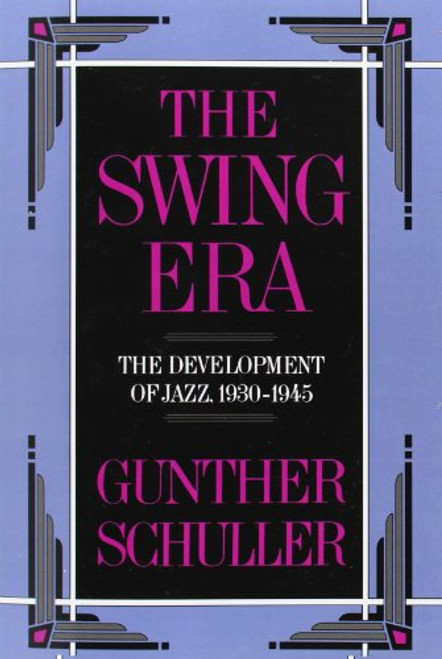Bands were playing, people were dancing, the music business was booming. It was the big-band era, and swing was giving a new shape and sound to American culture. Swing Changes looks at New Deal America through its music and shows us how the contradictions and tensions within swing--over race, politics, its own cultural status, the role of women--mirrored those played out in the larger society. Drawing on memoirs, oral histories, newspapers, magazines, recordings, photographs, literature, and films, Swing Changes offers a vibrant picture of American society at a pivotal time, and a new perspective on music as a cultural force.
Swing Changes: Big-Band Jazz in New Deal America
Brand: Harvard University Press
$14.68 - $68.14
- UPC:
- 9780674858268
- Maximum Purchase:
- 2 units
- Binding:
- Paperback
- Publication Date:
- 1996-10-01
- Release Date:
- 1996-08-27
- Author:
- David W. Stowe
- Language:
- english









